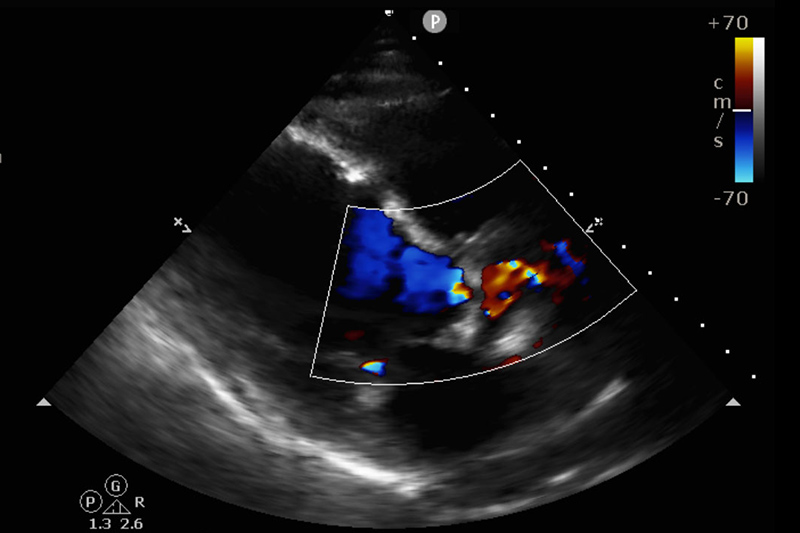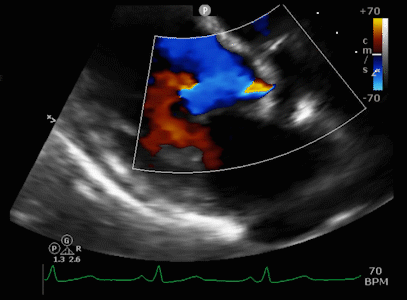What is an Ultrasound?
An ultrasound is a simple diagnostic study used to assess structures within your body. It is a valuable tool to help diagnose a variety of diseases and conditions. Ultrasound technology using high frequency waves and transforms them into images that can be seen on a computer screen.
This study is performed here in our office.
What does an Echocardiogram show?
- Blockages in blood vessels (blood clots)
- Infections
- Cysts
- Tumors
- Obstructions
- Fluid collection
What is the risk?
There is no risk associated with this study.
No radiation exposure is used during this study.
How do I prepare for the study?
If you are having an abdominal or renal (kidney) ultrasound. Please do not eat for 12 hours before your appointment. Otherwise, no specific preparation is required.
Certain studies may require clothing and jewelry need to be removed from the waist up to perform.
What happens during the study?
You will lie on a table while a trained ultrasound technician applies a clear jelly over the desired area. A probe is used to glide over this jelly which helps in transmission of sound waves through the skin.
The probe is pressed firmly over the chest to view the heart. Sound waves produced by the heart, create an echo that can be formed into an image. These images are recorded on to a monitor to be interpreted.
You may be asked to momentarily hold your breath or turn into a different position to enhance the images of the heart.
Sound waves given off the blood help to assess the direction of blood flow and blood pressures in the arteries of the heart. This also detects any abnormal sounds that may be produced by the heart.
The study may last up to 30 minutes.
What happens after the study?
After the study is over, the jelly is wiped off and you may return to your daily activities.
The result:
- Abnormal blood flow
- Abnormal organ function
- abnormalities in blood vessels or arteries
- abnormalities in the abdomen and kidneys.


